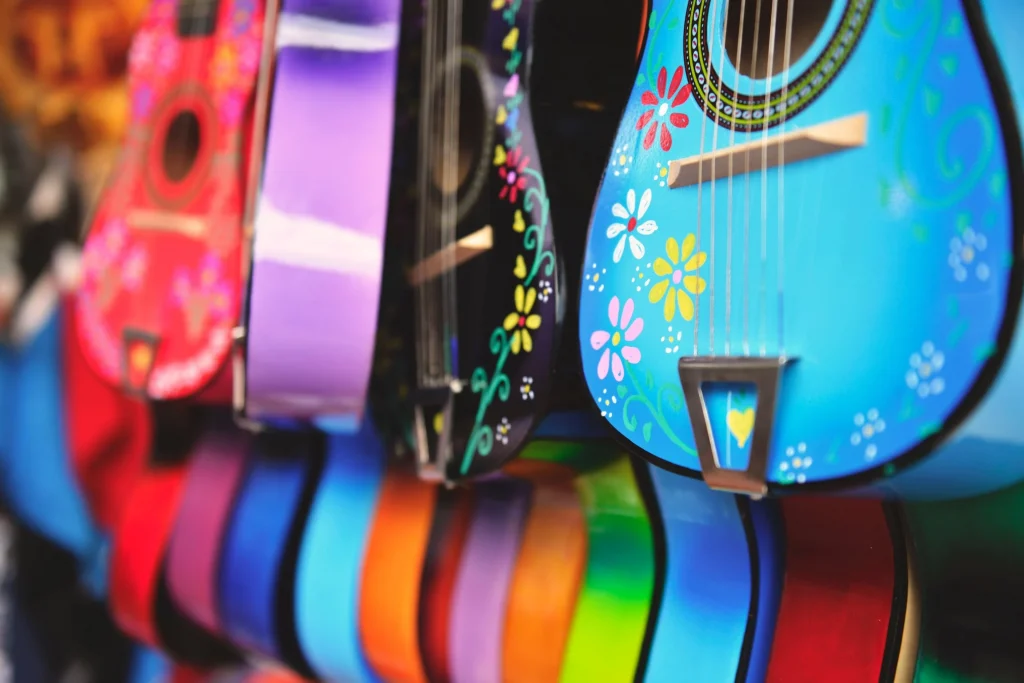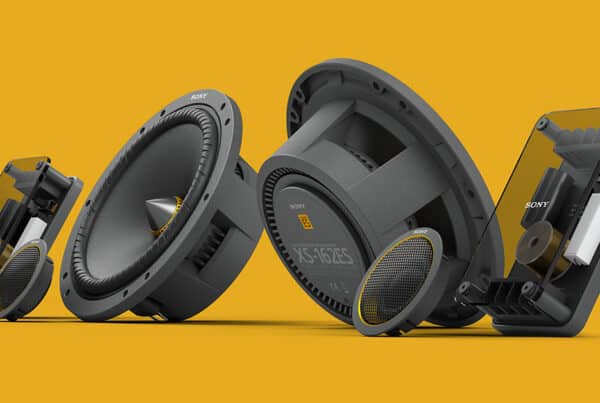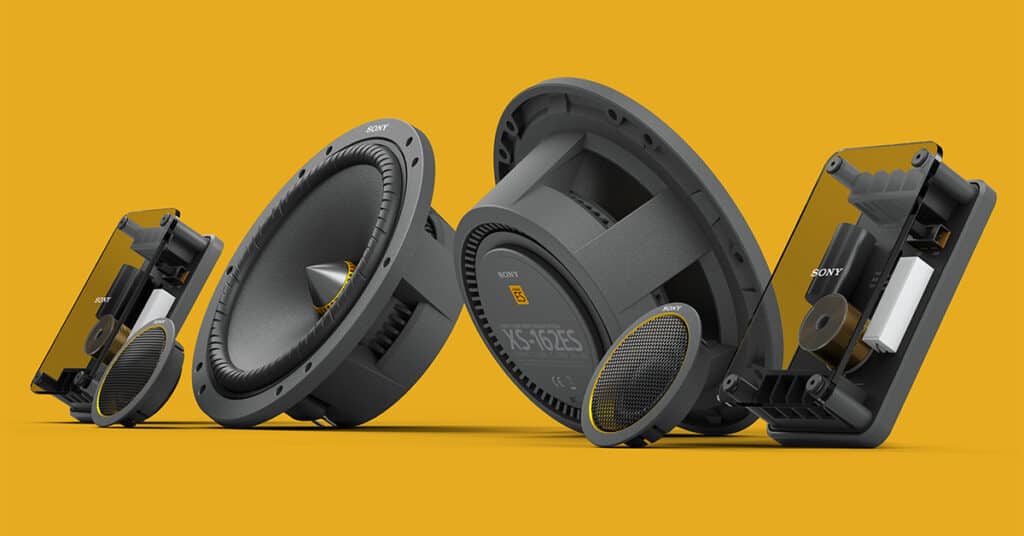Music, like everything that can be put into a digital medium, is a fragile creation made all the more ephemeral by the number of ways that it’s possible to break or lose a computer. Sonny Moore – Skrillex – lost an album to theft, as did Green Day, whose album Cigarettes and Valentines was subsequently scrapped in favor of a brand new record, the now-iconic American Idiot of 2004.
Good Vibrations
Stories like these go right back to the beginning of recorded music. Even the Beach Boys had trouble keeping track of their tapes (the song Good Vibrations was not released in stereo until 2012). So, everything that can be done to safeguard music-in-progress is a blessing, even if the worst-case scenario fails to materialize. Where does a cautious musician begin, though?
 Increasingly, a cloud server is touted as the solution to just about every digital crisis. Services like Google Drive, Acronis, and iDrive provide a range of packages for the storage of photos, music, and all sorts of other files. They’re as secure as you make them, too, with optional 2-factor authentication, as well as the kind of security that Google installs in all its data centers.
Increasingly, a cloud server is touted as the solution to just about every digital crisis. Services like Google Drive, Acronis, and iDrive provide a range of packages for the storage of photos, music, and all sorts of other files. They’re as secure as you make them, too, with optional 2-factor authentication, as well as the kind of security that Google installs in all its data centers.
Cloud services can also aid with theft, as files are only stored locally as an option. Of course, not everybody likes to entrust their hard work to online solutions so hard drives and flash drives continue to serve as the storage medium of choice for musicians. However, an infographic created by ExpressVPN recommends a slightly different approach to storage and security – a tech survival kit.
Survivalism
A type of “bug-out” bag, a tech survival kit is a pack of supplies that are designed to keep technology operational when the power goes out. While its list of ingredients is mostly dedicated to communication, like a satellite phone, portable WiFi hotspot, and a prepaid SIM card, the inclusion of flash drives and SD cards, a portable OS, and an external SSD means that the tech survival kit can also hold important files.

The onus is still on musicians to keep their back-ups up-to-date but the idea of being able to escape in an emergency scenario without sacrificing hard work to a rising tide is an attractive one. Unfortunately, unless you happen to be a tambourine or a wood block player, it’s unlikely that you’ll be able to take your instruments with you, as well. Still, you can make as many different bug-out bags as you like.
It might sound like an odd concept but the prepping industry is a growing one, largely thanks to concerns like climate change. There’s still a bit of a stigma attached to the idea of survivalism, though, due to the handful of people who have taken the idea too far. For instance, in 2000, a man named Norman Feller entered a bunker over Y2K fears and didn’t emerge for the next fourteen years.
These stories are unfortunate, as the need to protect ourselves – and our music – from natural disasters is very real indeed.





